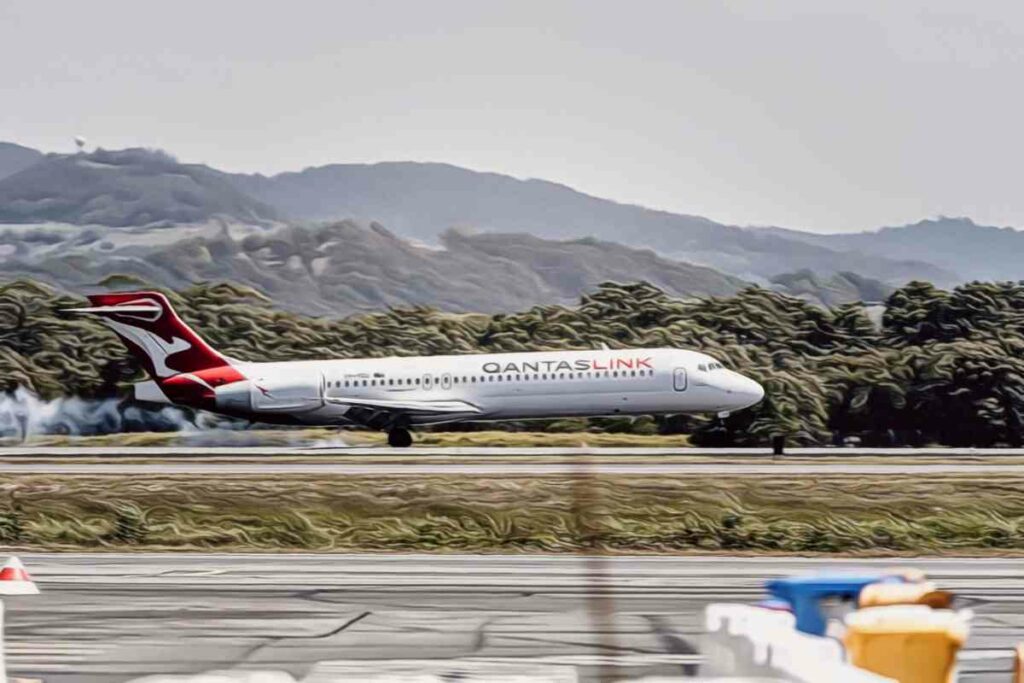Australia’s flagship air carrier Qantas has warned 900,000 passengers may lose the so-called ”Covid credits” if they don’t use them, the company said in a press release Thursday.
During the pandemic, Qantas offered flexibility for flight changes and credit
redemptions. For instance, the passengers with planned trips got travel credits each time the borders were closed, making departures impossible.
Qantas is awaiting AUD 600 million (EUR 383 million) in Covid credits to be
redeemed. Although more than AUD 1.2 billion in travel credits have already been used, the outstanding ones will expire by the end of 2023. Qantas has warned that passengers should book and travel by then, or they will lose the credits, Qantas.

Therefore, over the coming weeks, Qantas will proactively reach out to the affected customers or their travel agents to explain the situation. COVID credits received during the pandemic expire at the end of the next year, with customers needing to book and travel before then.
Qantas also offers to double Frequent Flyer points on relevant flights if passengers rebook before February. The offer extends to all domestic and international flights with the company booked before February using the Covid credit.
In response to growing demand, Qantas also intends to reach a capacity of 104% of pre-pandemic levels by Q4 2023, it said. Furthermore, from March, it will add 57 more return routes between the ”golden triangle” Melbourne, Sydney, and Brisbane. The move aims to bring the intercity operations to 93% of pre-pandemic capacity.
Qantas also intends to add more seats on its return flights to Perth with wide-body Airbus A330s, mainly used for overseas flights, the airline noted.
‘’We’re gradually adding domestic capacity from early next year. We’re the only airline flying wide-body aircraft domestically, and we know how much our customers in business class value having a lie-flat seat on longer flights to and from Perth,” Chief Customers Officer Markus Svensson said.
Earlier this week, Qantas announced plans to resume flights to South Korea after 15 years of absence. During peak season, the flight to Seoul will operate four days a week. Qantas will also return to India and Italy, it said.
However, the former Qantas chief economist Tony Webber said in an interview with The Australian Financial Review (AFR) that the capacity increase would not result in lower airfares.
Webber also referred to a recent statement by the Australian Competition and Consumer Commission, stating that the airlines should not withhold capacity to keep ticket prices high. Webber also suggested that the jet fuel costs were dropping, so the reason to keep airfares high is ”weakening.”
Aviation fuel prices have fallen 20.6% since early November to USD 108.54, AFR reported, citing data by the International Air Transport Association. However, the numbers are still above prices at this time in 2021.
At the same time, Qantas reported the highest level of on-time departures from Melbourne Airport in October at 73%, followed by Regional Express at 69%, Virgin Australia at 63%, and Jetstar at 62%, The Sydney Morning Herald reported citing the Bureau of Infrastructure and Transport Research Economics.



